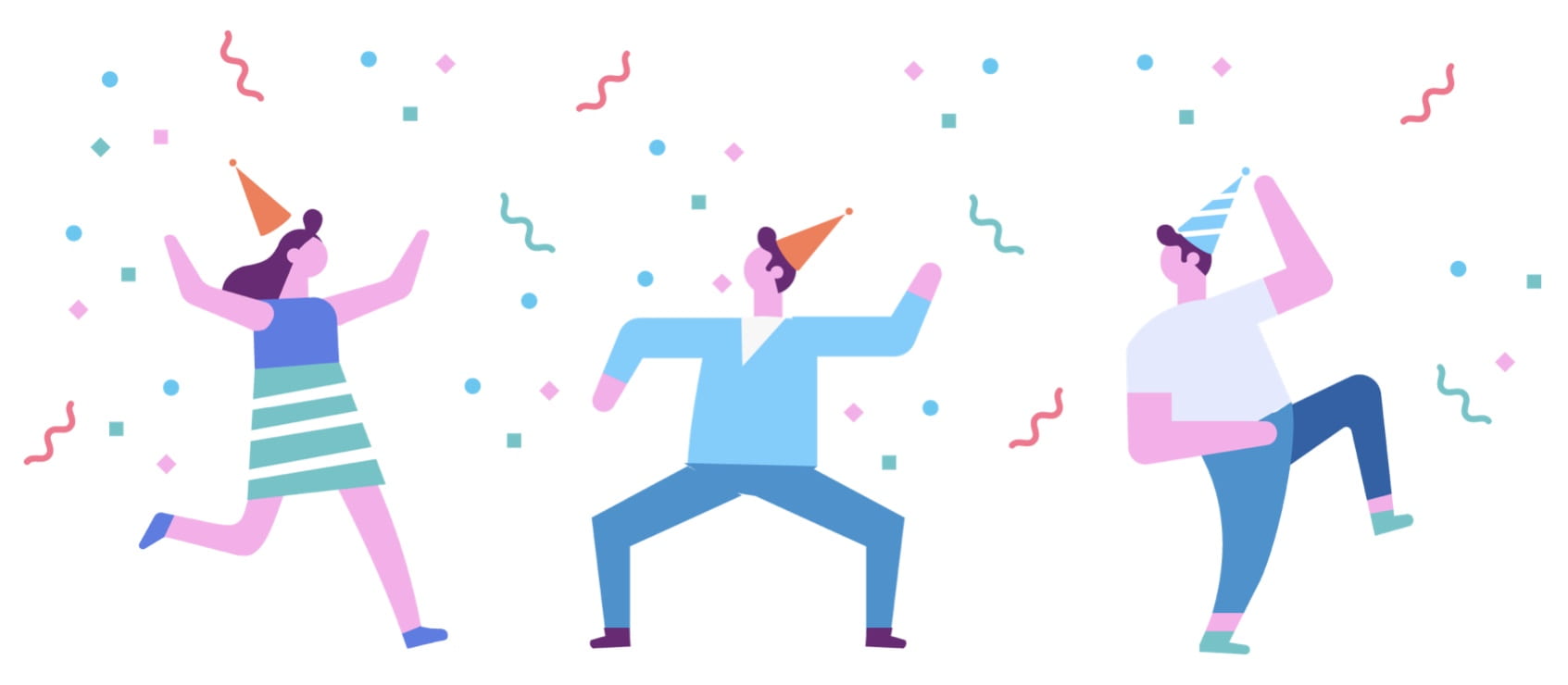In humanities 10 we have been trying to expand our learning by exploring minority groups in Canada, and how different their experiences are, compared to ours. Our driving question for this project was how has the Canadian experience been different for minorities.
We covered many different ways to express our learning through this project. We did buckets of research, interviewed people on our minority topics, wrote a essay, and made a podcast. We began our process of creating a podcast (becuase the podcast was the end goal) by sifting out the minority groups that interest us. I chose to do some research on Sikhism, because I was interested to see what the sikh religion is like, and what sikh values are. I also did research on Korean people in Canada, and Buddhism in Canada. When I got placed into my podcast group we chose Sikhism to do our podcast on, and I am very happy that we did! My group consisted of Isy, Daniel and I. The next step was to do research on your topic with your group, and to learn about facts and stories about the topic that will lead to a better understanding when interviewing. The next step, like I said is finding the right people to interview. It wouldn’t make sense if I interviewed a old man who is atheist on sikh religion, would it?! So my group and I found 2 teachers at my school that identify, or identified with the Sikh religion. Ms. Bhangoo identified with the Sikh religion, and Ms. Parmar is a part of the Sikh religion.
The interview with Ms. Bhangoo went incredible well, she was a awesome interviewee, and told us many eye opening things about her experience with Sikhism. I was blow away by what she had to say, and only after the interview did I truly understand what Ms. Maxwell wanted us to learn about through this project.
Ms. Parmar wanted us to meet, and interview someone at her local Gurdwara, who she felt was very educated on the topic of Sikhism. Isy and I ended up skipping gym and driving with Ms. Maxwell to the Gurdwara near the Second Narrows Bridge.
At the Gurdwara we met Puran Singh Gill. Puran has worked at UBC for the majority of his career. He has his masters degree in Studies in the Sikh religion, and is very well educated. Puran really opened our eyes to the more historic and statistic facts about Sikhism.
We had a 40 minute interview with Puran and I personally found it very hard to edit down because everything he said was fascinating, much like Ms. Bhangoo’s. These interviews opened my eyes to the Sikh religion up close and personal. They showed us what it would really be like to be apart of the Sikh religion, and this is just one of the many examples of how PLP has helped me to better understand a topic or subject in school. I really needed to go out and interview people who have had or have ties to the Sikh religion, and I got the chance to.
After our interviews we split up the parts and began to write a finer script that ties all our points together, because remember this podcast is about the Canadian experience for Sikh people in Canada. Isy, Daniel and I, wrote up our scripts separately, then recorded them on our own and I edited the clips together. We realized soon after completing this edit that it really did not sound very nice when we were all broken up like we were. The second draft brought a while new start to our podcast. We re-recorded the whole thing, we decided to use a bigger mic and record together and break up our lines so the podcast flowed better, we added music, and we added a better introduction to our podcast. The second draft was much better I thought and I was really proud of my work as editor.
Now while all of this was happening we were also writing a essay. Our essay followed the same sort of path as the podcasts, but it dove into a more personalized tale, that you as a writer could relate to. The question that we, as writers, had to answer was: “How do our positions impact our experiences with literature?”
The position options were things like experiences, gender, race, religion, age, etc. I chose to focus down on family relationships, which sounds a bit narrow, but was really quite vast. I spoke about how the relationships that a person shares with their grandparents, their parents, and their siblings, alters the way they interpret literature.
Basically what I’m saying is that if you, for example, don’t have a very strong relationship with your grandparents, and you don’t see them often, it may be harder to relate to literature where the grandparent and the grandchild hold a very tight bond. Through this the reader would build a different perspective of the relationship then someone who, for example, saw their grandparents every day.
Through these 2 projects I have learned a lot. Firstly a lot about the minority groups in Canada, and poorly there have been treated. I learned that Sikh people as a whole are on the terrorist list in Canada. I also learned about the ins and outs of Sikhism and how they project themselves compared to how they are depicted real life. I learned about Chinese culture through Jade Peony, which shared the story of a Chinese family living in Chinatown, Vancouver in the 1930-40’s. I’m also learned about podcast editing and how to create something that people really want to listen to.
In the end I feel successful in creating a podcast that reflects the knowledge that my group and I gained, and I hope that you enjoy it!





